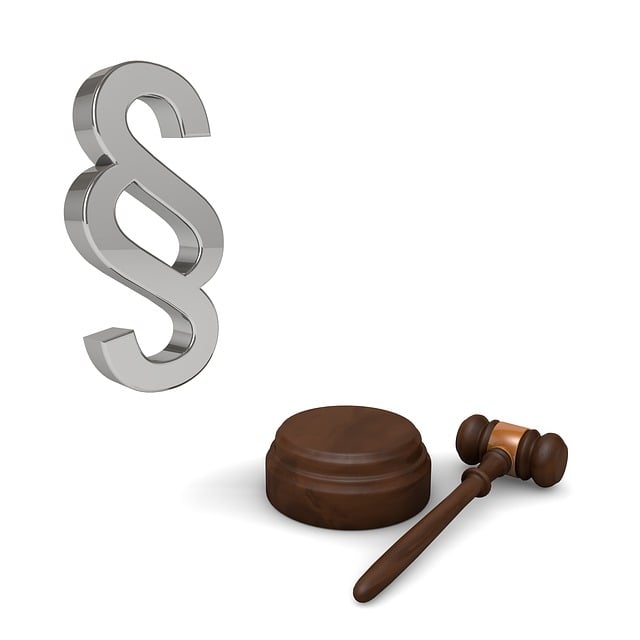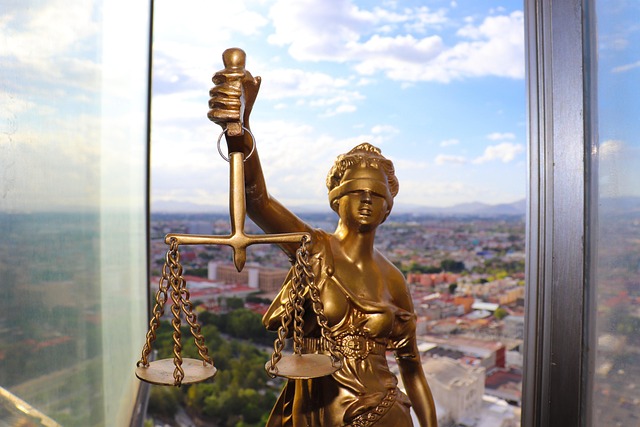Whistleblower Protection Laws shield individuals exposing illegal activities from employer retaliation, crucial for crafting effective criminal defense strategies against DUI charges. Skilled legal counsel specializes in these protections, helping clients navigate complex laws and develop robust defenses. Strategies involve challenging accusation validity through evidence and expert testimony, aiming for favorable settlements or charge dismissals while preserving fairness.
In today’s digital era, whistleblower protection lawsuits are on the rise. These legal actions, driven by individuals brave enough to expose wrongdoing, play a crucial role in enhancing transparency and accountability. This article delves into effective criminal defense strategies specifically tailored for whistleblower cases. From understanding key laws like Whistleblower Protection Acts to navigating trials and potential settlements, we explore strategic steps to build a robust defense. Remember that early retention of legal counsel can be pivotal, ensuring your rights are protected throughout the process.
- Understanding Whistleblower Protection Laws
- When to Retain Legal Counsel for Whistleblower Cases
- Building a Strong Defense Strategy
- Navigating Trial and Potential Settlement
Understanding Whistleblower Protection Laws

Whistleblower Protection Laws play a pivotal role in ensuring that individuals who expose illegal or unethical activities within organizations are safeguarded from potential retaliation. These laws, designed to protect whistleblowers throughout all stages of the investigative and enforcement process, offer crucial support for those who dare to speak out against corporate misconduct. By providing legal avenues for recourse, these protections aim to achieve extraordinary results in high-stakes cases, ensuring that truth prevails over cover-ups.
Understanding these laws is essential for anyone considering an effective criminal defense strategy, especially in scenarios like DUI charges where the stakes can be incredibly high. Whistleblower protection legislation offers a safety net for those who might otherwise face personal repercussions for their actions. This includes provisions that bar employers from discriminating against or retaliating against whistleblowers, fostering an environment where moral courage is encouraged and rewarded.
When to Retain Legal Counsel for Whistleblower Cases

When considering legal action as a whistleblower, retaining skilled counsel is paramount to navigating complex laws and regulations effectively. Many whistleblowers face significant risks and challenges when coming forward with information that exposes illegal or unethical activities within an organization. Legal counsel specializing in whistleblower protection lawsuits can provide invaluable support throughout all stages of the investigative and enforcement process.
They help clients understand their rights, prepare robust cases, and develop effective criminal defense strategies for DUI charges—a common outcome when whistleblowers are targeted. With expertise in this area, lawyers across the country offer specialized knowledge to protect whistleblowers’ interests, ensuring they can expose wrongdoing without fear of retaliation or legal repercussions. This support is crucial for individuals willing to step forward and play a vital role in upholding justice and integrity within their industries.
Building a Strong Defense Strategy

When facing whistleblower protection lawsuits, crafting a robust defense strategy is paramount. The first step involves meticulously reviewing the facts of the case to identify any weaknesses or discrepancies in the accuser’s claims. This includes scrutinizing the evidence presented and understanding the legal framework governing whistleblower protections. An effective approach may involve employing strategies that challenge the validity of the accusations, such as questioning the accuser’s motivation and the reliability of their information sources. By doing so, attorneys can build a strong case for their clients, aiming for the complete dismissal of all charges.
Additionally, considering the unique context of whistleblower cases is essential. The balance between protecting whistleblowers who expose corporate or political wrongdoings and safeguarding individuals’ rights must be carefully navigated. Defending against such lawsuits often requires a nuanced approach that balances legal tactics with public relations strategies. This might involve showcasing the client’s actions as those of a philanthropic and political community member dedicated to upholding ethical standards, thereby distinguishing their motives from potential abuse of whistleblower protections.
Navigating Trial and Potential Settlement

Navigating a whistleblower protection lawsuit involves intricate legal strategies. When facing such charges, effective criminal defense strategies are paramount to ensure a fair outcome. One key approach is to build a robust defense that challenges the validity of the allegations. This may include scrutinizing the evidence presented by prosecutors and employing expert witnesses who can provide insights into potential procedural errors or weaknesses in the case against the whistleblower.
Additionally, focusing on avoiding indictment and its severe consequences is crucial. For both corporate and individual clients accused of white-collar and economic crimes, a skilled defense team can help navigate complex legal landscapes. By leveraging comprehensive knowledge of the law and utilizing creative arguments, these strategies aim to protect the rights of the accused, ultimately seeking a favorable settlement or dismissal of charges.
Whistleblower protection lawsuits are complex legal battles that require strategic navigation. By understanding whistleblower laws, knowing when to seek legal counsel, developing a robust defense strategy, and effectively managing trials and settlements, individuals can safeguard their rights and ensure justice is served. Just as an effective criminal defense strategy for DUI charges hinges on meticulous preparation and advocacy, so too does protecting oneself as a whistleblower demand the same level of dedication and expertise.






